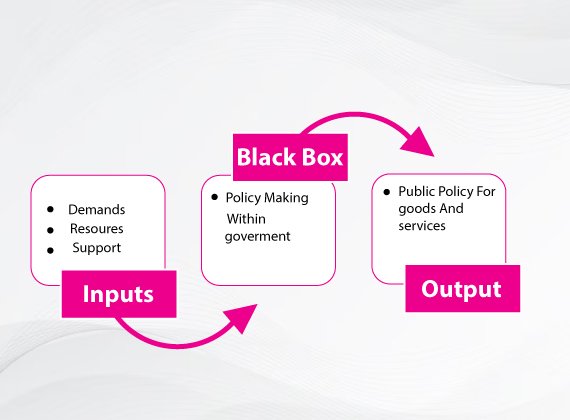Theories of Power
The theory of power comprises an enormous spectrum of behavior. It also encompasses the appetite to attain something despite the hostility of others. Power can be used in front of everyone or can be secretly used. It can be used for communal verges or at the expenditure of others. Power can be utilized for a valid objective or some illegitimate cause.
There are three fundamental theories to discuss power. Firstly, power can be interpreted as an ability or aptitude to behave and can be used as a resource. According to the second theory, power cannot be analyzed until one uses it properly. After the usage, the grade of power can be judged by the outcomes. In the third theory, a question arises. If the user of power is not an individual but an institution, then it will be tough to specify the exercise of power. Power and Policy Making assignment help online by BookMyEssay discusses every minute details of the topic.
Formulation of Policy
The formulation of policy encompasses the policymakers examining and implying strategies to rectify difficulties that have been put forward as a part of the agenda. At times, the policymakers have to decide on among the numerous probable ways ahead. The absolute policy is selected to decipher the problem is condition on two components.
Firstly, the policy must be a reasonable means of unraveling the problem in the most productive and logical way possible. Effective formulation involves examination and designation of options to solve issues. Secondly, policies must be politically reasonable. This is achieved through a voting process.
Implementing Policies
The enactment of policies pertains to legislating the proposed solutions. Policies can be implemented on three major criteria:-
- A formulated policy has to be conveyed from the policymakers to the governing bodies that possess the power to perform it.
- Policies have to be disseminated simply, in an easy language.
- The resources needed to implement the policies should incorporate with the existing process.






 3 Bellbridge Dr, Hoppers Crossing, Melbourne VIC 3029
3 Bellbridge Dr, Hoppers Crossing, Melbourne VIC 3029
